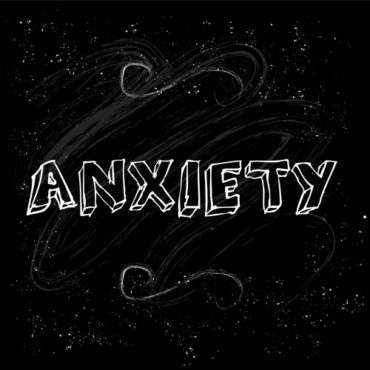In today’s world, it is quite normal to have some stress or anxiety on a daily basis. Our attention is often split in a million directions at the same time. It is common to feel that if you are not juggling multiple tasks then something is wrong. Never mind the digital age we live in and all the pull for your attention from social media and smart devices.
Anxiety, though normal in many instances, may escalate to the point where it starts to impede your functioning. Too much anxiety may disrupt your focus, sleep, present as physical symptoms and impact your ability to relate to others. You may also find it difficult to move past your worried thoughts and feel relaxed. Anxiety impacts our lives in the following domains:

 Anxiety is the most common issue that brings people into treatment. In the U.S. alone, approximately 40 million, or 18.1% of the population struggles with anxiety as reported by the World Health Organization. In the U.S., anxiety is the 3rd leading cause of health issues and loss of functioning. People struggling with anxiety are 3 to 5 times more likely to visit a doctor compared to people without anxiety. Astonishingly, only 36.9% of those with anxiety seek treatment, leaving most to suffer silently and without support. This does not have to be you!
Anxiety is the most common issue that brings people into treatment. In the U.S. alone, approximately 40 million, or 18.1% of the population struggles with anxiety as reported by the World Health Organization. In the U.S., anxiety is the 3rd leading cause of health issues and loss of functioning. People struggling with anxiety are 3 to 5 times more likely to visit a doctor compared to people without anxiety. Astonishingly, only 36.9% of those with anxiety seek treatment, leaving most to suffer silently and without support. This does not have to be you! We know if you are reading this website you may need support. We can appreciate how difficult it might be to make that first call. Our approach to treatment is integrative: We don’t have a “one size fits all” philosophy.
We know if you are reading this website you may need support. We can appreciate how difficult it might be to make that first call. Our approach to treatment is integrative: We don’t have a “one size fits all” philosophy.